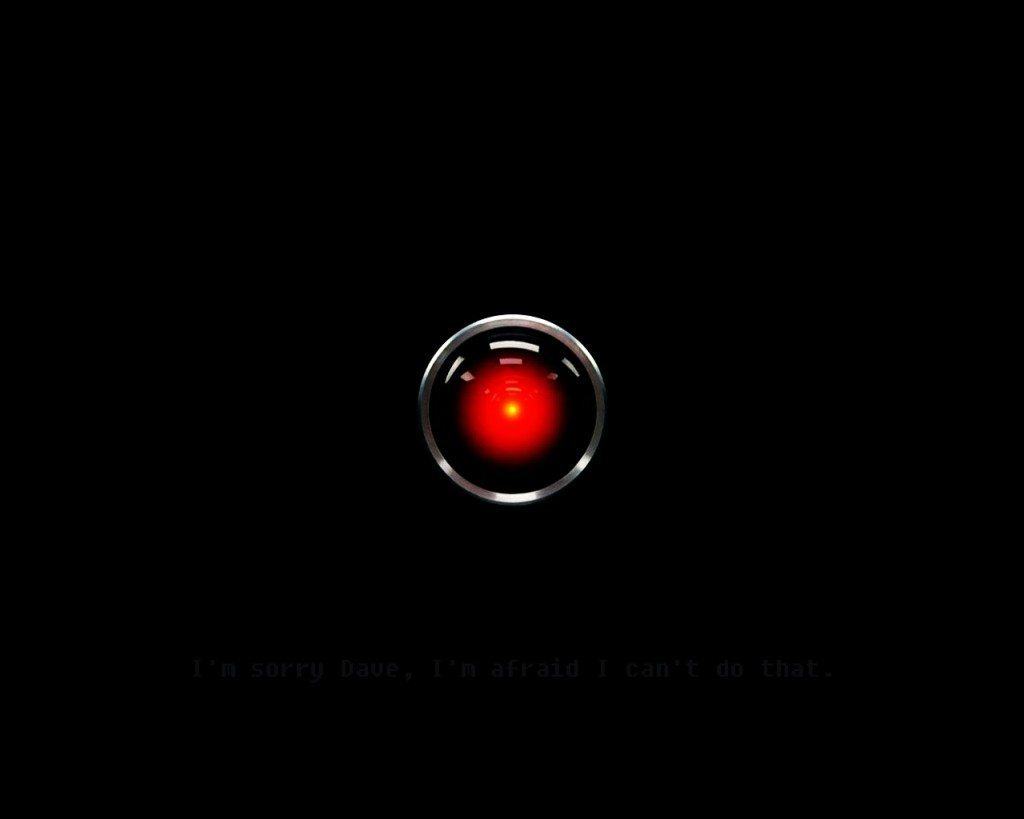On December 15, 1791, when the U.S. government passed the first amendment and guaranteed freedom of speech, legislators were not thinking about Alexa, Siri, Cortana, or Google Assistant.
The question now is: Should they have been?
Amazon Echo Dot
People enjoy rights such as free speech in the United State and other countries around the world, and corporations are legally considered people for many purposes. But what about agents, smart digital assistants, and robots? As the field of artificial intelligence continues to grow and engineers pair it with natural language processing, we are increasingly seeing a voice-first future computer interface driven by intelligent assistants.
And that matters, because where AI is answering, AI had to be listening. And when AI listens, sometimes it hears sensitive material.
Case in point: the November 2015 death of Victor Parris Collins.
The accused murderer, James Bates, owned an Amazon Echo, and police were quick to request any recordings of conversations on the night of his death, as well as anything Alexa, the digital assistant Amazon embeds into the Echo, might have said. Amazon has pushed back — doubtless fearing a reduction in sales if Echo becomes known as a spy device in customers’ homes — and today filed a motion to quash a search warrant for any recordings from the time in question.
Amazon’s key point: Alexa has first-amendment rights.







